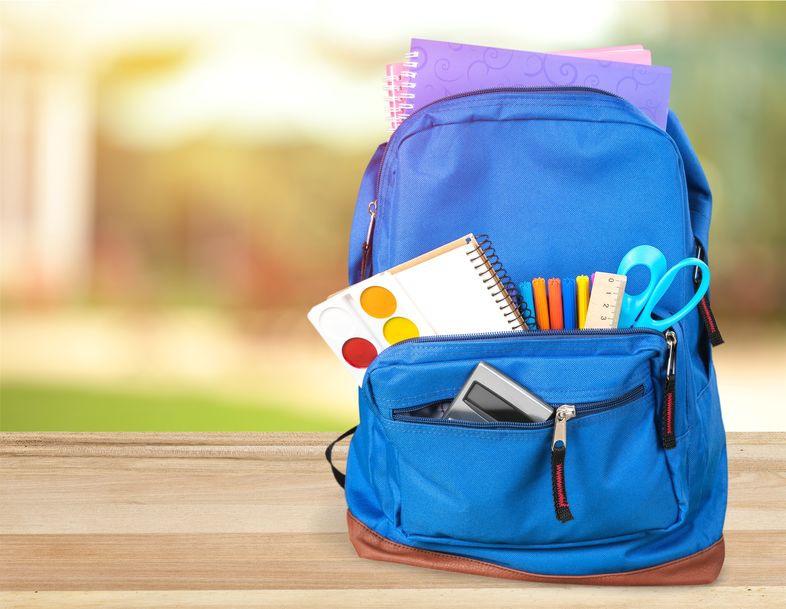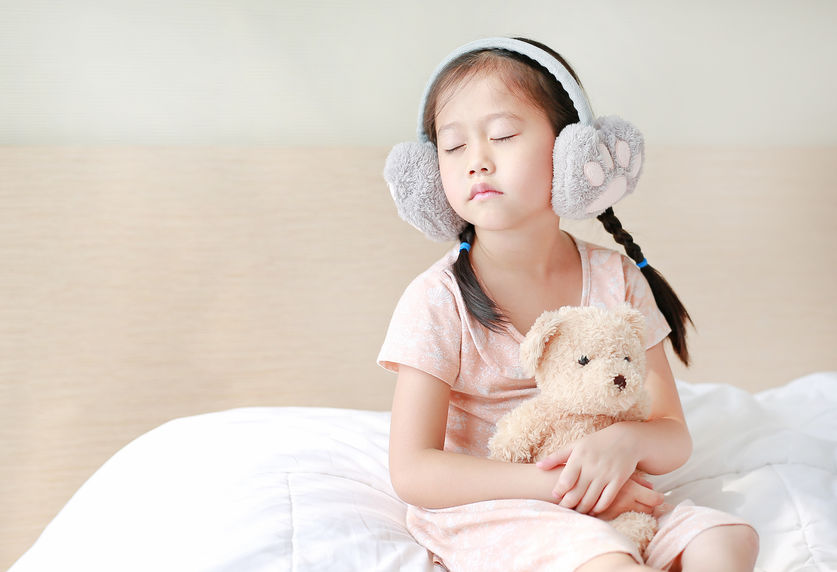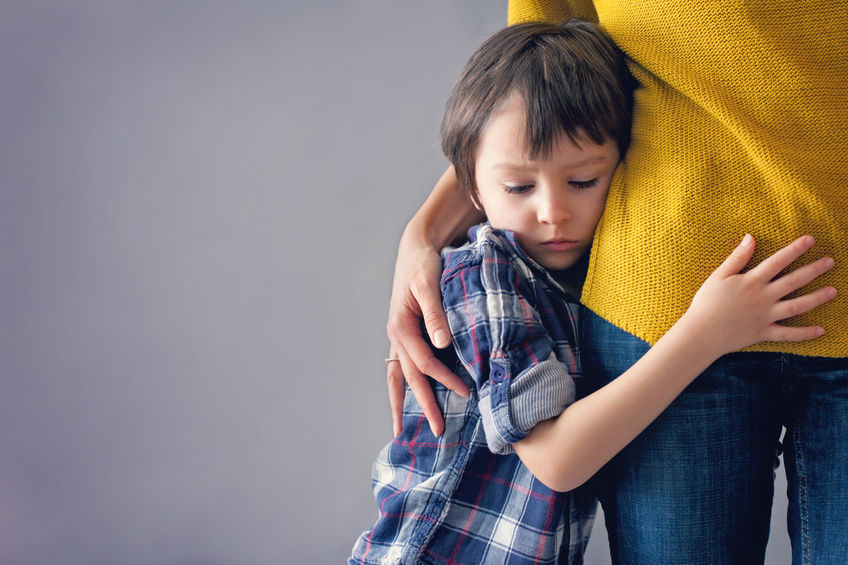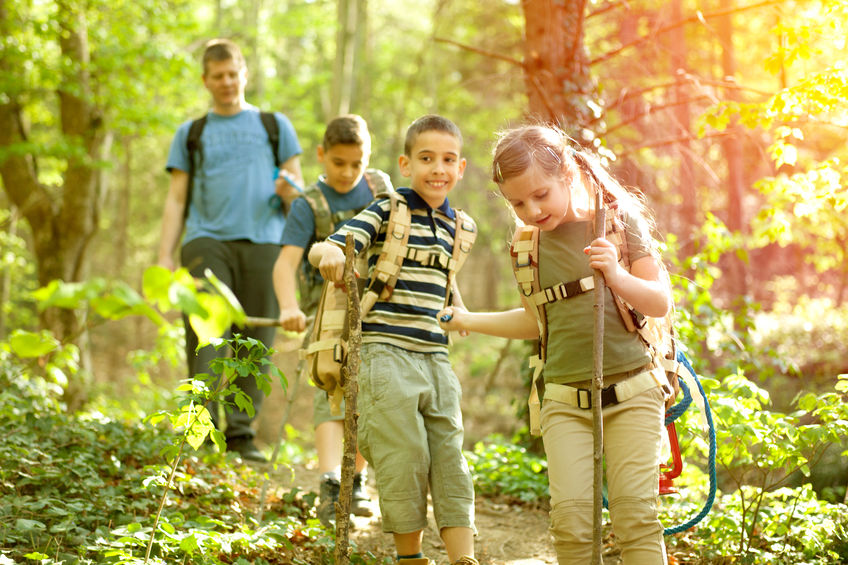
Summer is drawing to a close and soon our kids will be heading back to school. In the weeks ahead, it’s good for kids and parents to start preparing for the new school year. This is especially important this year with the coronavirus still spreading across the country and many kids remaining unvaccinated. Read on to learn how your family can prep for school in the coming weeks:
Create routines early
Routines can help your child stay on track each day. By getting up, going to school, and doing homework all at the same times each day, it’ll be easier for your child to get their work done. However, it’s important to start these routines early, preferably before school starts. That way the transition is easier on their first day of school.
Make pandemic preparations
Kids under 12 years of age are unable (as of writing this blog post) to get vaccinated. As a result, schools, parents, and children need to take extra precautions to keep everyone safe. Different school districts will have different requirements, so it’s important to be aware of your school’s rules before sending your child off for their first day. At the very least, make sure they have masks and hand sanitizer handy throughout the day.
Set realistic expectations
What would you and your child like to get out of the coming school year? Perhaps you want to get their grades up, or maybe they’re interested in getting involved in a new sport. Whatever your goals are, it’s important to set realistic expectations. For example, if your child has been getting Cs in Math, aim for a B instead of an A this year. To further encourage your child, offer rewards for a job well done.
One way you can encourage your child to do well this year is to give them a stuffable animal friend. Look through our inventory today to get started!



Recent Comments